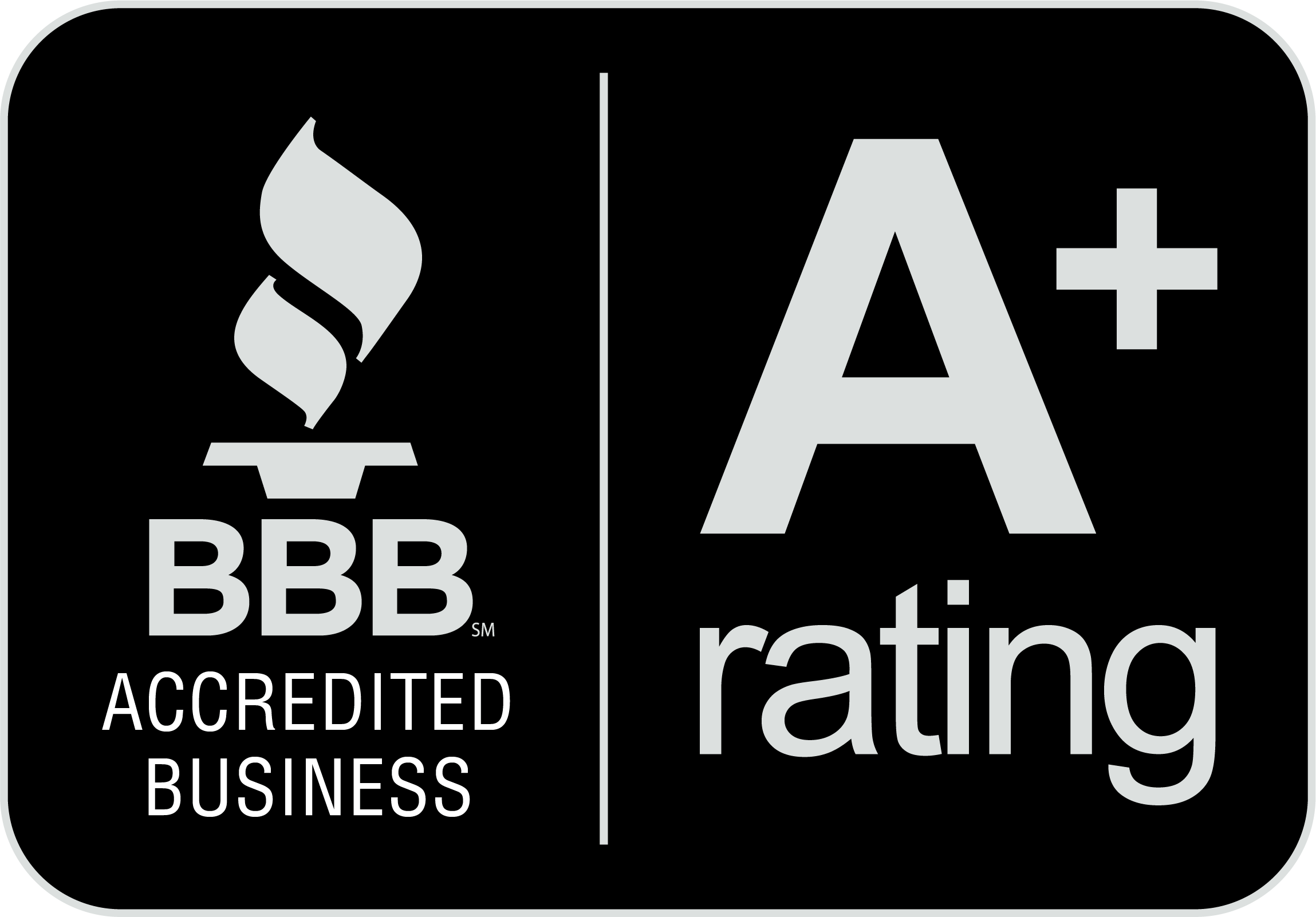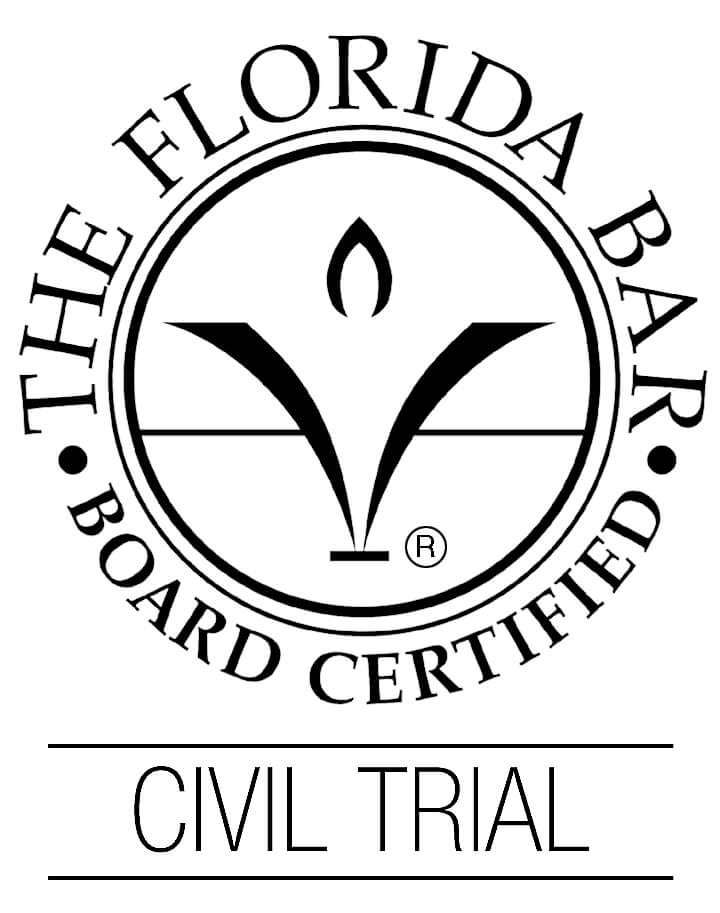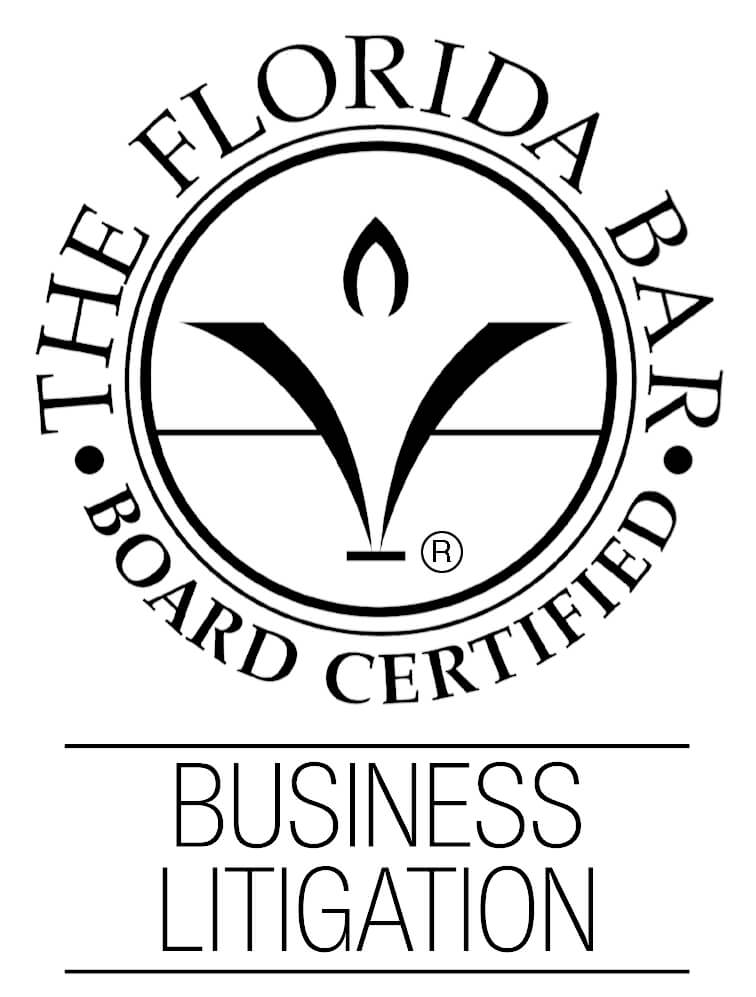Water Damage
Water damage is one of the most common and stressful types of property loss that Florida policyholders face. Whether it starts with a burst pipe, a roof leak, or heavy rain, the impact can be immediate, overwhelming, and costly.
Homeowners and business owners expect their insurance policy to step in when disaster strikes, but many find their safety net isn’t as promised. “Rightful coverage” can feel like it’s falling through your fingers when providers, who don’t have your best interests, delay the process, lowball claims, or deny claims without reason.
And when speed matters, their refusal to cooperate becomes all the more challenging. At The Nation Law Firm, we understand the necessity of receiving accurate, timely compensation when recovering from water damage, which is why our team works fast, proactively, and strategically from day one.
If your claim is denied unfairly, we’re here to support your next steps. Get started today with a free case evaluation.
Common Causes of Water Damage
Not all water damage is created – or affects you – equally. The source of the damage plays a major role in whether or not your insurance provider will cover the loss.
In Florida, common causes of water damage include:
- Burst or leaking pipes
- Malfunctioning appliances, such as water heaters, dishwashers, or washing machines
- Roof leaks often follow hurricanes or heavy rain
- Plumbing backups or overflows
- HVAC system malfunctions or clogged drains
- Sewer line issues that cause water intrusion
- Natural disasters, including storms or localized flooding
What starts as a minor water intrusion can lead to costly long-term damage if not addressed quickly. If your insurance provider isn’t matching your speed, we’re here to help push them along.
Distinguishing Between Water Damage and Flood Damage
Most standard homeowners and business insurance policies cover water damage, while flood damage is often excluded unless you carry separate flood insurance. The distinction between the two is often the most common and confusing issue policyholders face.
Water damage typically refers to damage caused by internal water sources, such as burst pipes, leaking appliances, roof leaks, or an overflowing toilet. In other words, it’s water that hasn’t touched the ground before entering the home or building.
Flood damage, on the other hand, involves water that originates from outside and moves over the ground before entering the insured structure. This includes storm surges, overflowing rivers, or heavy rainfall that causes standing water.
Understanding the difference is important when filing a claim. Not only to know if you have the right coverage, but also to know you’re filing the right type of claim, with the right information.
6 Steps to Take After Discovering Water Damage
Acting quickly can make all the difference when water damage starts. To protect your property and strengthen your claim, follow these key steps:
- Step 1: Stop the water source: If it’s safe to do so, shut off your home’s water supply or contain the source of the leak to prevent more water from entering your property.
- Step 2: Document everything: Before making repairs or cleaning up, take clear photos and videos of all visible damage, including affected areas, belongings, and the source of the water.
- Step 3: Prevent further damage: Make temporary repairs, like tarping a roof or placing buckets under leaks. Keep all receipts for materials and services for future reimbursement.
- Step 4: Contact your insurance company: Notify your insurer right away and ask for a copy of your full policy. This helps you understand what coverage applies and which exclusions may come into play.
- Step 5: Preserve damaged items: Do not throw anything away until the insurance adjuster inspects it. Damaged materials are important evidence for your claim.
- Step 6: Keep detailed records: Track every interaction with your insurer, including phone calls, emails, adjuster visits, and estimates. These details may become important if disputes arise.
Taking these steps early not only limits your losses but strengthens your claim. If your insurer stalls, shifts blame, or undervalues your damage, The Nation Law Firm can help you hold them accountable.
Challenges in Water Damage Insurance Claims
Even with the strongest claims prepared, many Florida policyholders run into roadblocks during the claims process.
Some of the most common challenges include:
- Denials due to exclusions: Insurers may argue that the damage falls under an excluded event, such as wear and tear, slow leaks, or lack of maintenance. This may or may not be true, depending on your policy details.
- Delayed inspections or payouts: Adjusters may take weeks to respond, which delays cleanup, repairs, and reimbursement.
- Undervalued estimates: Insurers may lowball repair costs, use outdated pricing, or recommend cut-rate contractors who don’t fully restore the damage.
- Blame-shifting tactics: Some providers attempt to blame the policyholder for the damage or argue it was pre-existing, especially when the water intrusion isn’t immediately obvious.
- Disputes over cause of damage: Insurers may try to classify a plumbing leak or storm event as a “flood” to trigger exclusions, particularly if flood coverage isn’t in place.
If your claim is mishandled or unfairly denied, know that you’re not alone, and you’re not without options. The Nation Law Firm is right around the corner, ready to enforce the rights that protect you.
Proving the Cause of Water Damage
After discovering water damage, one of the first things your insurance company will ask is what caused it. That question can be harder to answer than you’d expect, especially if it involves a longer story.
To prove your claim, start by documenting what you can. Take photos or videos of the damage right away, including the source if it’s visible. If a pipe bursts, photograph the area around it. If your ceiling is leaking, document the water stains and anything damaged below. Keep any receipts for emergency repairs, and if something needs to be replaced, try to hold on to the damaged part if it’s safe to do so.
If you’re unsure how the damage started or if your insurance company disagrees with your explanation, bringing in an independent expert, such as a plumber, roofer, or mitigation specialist, can help confirm the cause.
Secondary Damages Caused by Water
Water damage doesn’t always stop with what you can see. In many cases, it triggers a chain reaction of problems that show up days or even weeks later.
- Moldis one of the most common and dangerous side effects. Not only does it grow inside walls, under flooring, and in insulation, but it also can appear quickly, within 24-48 hours, and worsen if water remains nearby.
- Structural componentslike drywall, insulation, and flooring can also deteriorate over time, weakening your property’s integrity and increasing repair costs.
- Electrical systemsare another hidden risk, especially if water reaches wiring, outlets, or breaker boxes.
If these issues are linked to your original water loss, they should be included in your insurance claim. Act quickly, document the spread of damage, and don’t hesitate to bring in professionals to assess mold or structural concerns.
If your provider tries to argue secondary damage isn’t their responsibility, delays your claim, or interferes in any way, The Nation Law Firm can help you get your claim on the right track.
Preventing Water Damage
Not every water-related disaster is avoidable, but regular upkeep can go a long way toward protecting your home or business.
Here are a few proactive steps property owners can take:
- Inspect plumbing systems regularly for leaks, corrosion, or signs of wear.
- Check appliance hoses and water connections, especially those on washing machines, refrigerators, and dishwashers.
- Seal cracks in walls, windows, and foundations where water could seep in.
- Check that gutters and downspouts are clear and can direct water away from the structure.
- Consider installing water leak detectors in high-risk areas like basements or under sinks.
- Schedule routine roof inspections and address missing shingles or flashing issues promptly.
- Make sure landscaping slopes away from the foundation to prevent pooling water.
Preventive maintenance isn’t always top of mind until it’s too late, but it can make a major difference when it comes to damage severity, insurance disputes, and recovery time.
Bad Faith Practices in Water Damage Claims
Unfortunately, Florida policyholders regularly encounter insurers who act unfairly, fail to uphold the policy’s promises, or put profits ahead of people. This behavior, called “bad faith,” is more than frustrating and unethical; They’re in violation of Florida law.
Examples of bad faith practices include:
- Delaying claim investigations or responses without justification
- Denying valid claims without a proper inspection or explanation
- Undervaluing the extent or cost of repairs without basis
- Misrepresenting policy terms or exclusions
- Pressuring policyholders into accepting low settlements
- Failing to pay undisputed amounts promptly
- Ignoring clear evidence or expert evaluations provided by the policyholder
You have rights under Florida law, and the ability to hold them accountable. At The Nation Law Firm, we’ve helped Florida policyholders push back against unfair treatment and recover what they’re owed for over two decades. If something doesn’t feel right with your claim, we’re here to help you take the next step.
How Policy Exclusions Impact Water Damage Claims
Insurance policies often include exclusions, specific scenarios that aren’t covered, and these clauses are often used to justify denial or underpayment. They’re often buried in fine print and written in confusing language, making it easy for insurers to shift blame and avoid paying what you’re owed.
Some of the most common water damage exclusions include:
- Gradual leaks or long-term seepage that’s deemed “wear and tear”
- Damage caused bypoor maintenance or neglect
- Mold growth that results fromfailure to act quickly
- Flood-related water damage, which typically requires separate flood insurance
An exclusion in your policy doesn’t automatically mean your entire claim is invalid. Insurance companies sometimes overreach by applying exclusions too broadly or without properly investigating the real cause of the damage
The Nation Law Firm can help you review your policy in full, determine whether the exclusion truly applies, and push back against denials that aren’t supported by the facts. You paid for coverage, and we help ensure your insurer holds up their end.
Get started today with a free case evaluation.
Frequently Asked Questions
What types of water damage are typically covered by homeowners’ insurance policies?
Most homeowners’ insurance policies cover sudden and accidental water damage, like burst pipes, appliance failures, or roof leaks caused by storms. Damage must usually be immediate and not the result of long-term neglect or maintenance issues to qualify.
How is flood damage different from water damage, and why does it matter for insurance claims?
Flood damage refers to water entering your home from rising water outside (like storm surge or overflowing rivers) and is typically not covered by standard homeowners’ policies. You need separate flood insurance to file a claim for this kind of damage.
What steps should I take immediately after discovering water damage in my home?
Stop the water source if it’s safe to do so, take clear photos of the damage, move valuables out of harm’s way, and contact your insurance company to report the incident. Early documentation and prompt action are essential.
How can I document water damage for my insurance claim?
Take timestamped photos and videos from multiple angles, keep receipts for emergency repairs, and make a detailed list of damaged items. If possible, get a licensed contractor or plumber to assess and describe the cause in writing.
What should I do if my insurance company denies my water damage claim?
Ask for a written explanation of the denial and review your policy to understand their reasoning. If the decision seems unfair, our team can help you assess whether the insurer acted improperly and guide your next steps.
Does insurance cover secondary damages, like mold or electrical issues, caused by water damage?
Yes, if those damages directly result from a covered water event and you took documented steps to prevent further harm. Your provider may try to separate secondary issues to reduce payout, but that can be challenged.
Can I file a claim if water damage is caused by a malfunctioning appliance?
Yes. Most policies cover damage caused by sudden appliance failures, like water heater or dishwasher leaks, as long as the failure wasn’t due to poor maintenance or wear and tear.
How can an attorney help with water damage insurance disputes?
The Nation Law Firm can review your policy, collect expert evidence, challenge bad faith denials, and negotiate a fair settlement. If needed, they can also file a lawsuit to hold the insurer accountable.
Are there exclusions in insurance policies that could affect my water damage claim?
Yes. Common exclusions include long-term leaks, gradual seepage, mold, and damage from neglect. Insurers often use these exclusions to deny valid claims, even when the primary cause was sudden or accidental.
What is the typical timeline for resolving a water damage claim with an insurance company?
Florida law requires insurers to acknowledge and respond to claims within a set timeframe, usually 30 days. Delays are common, but with strong documentation and legal guidance, your claim can be resolved within a few weeks to a few months.






.svg)
